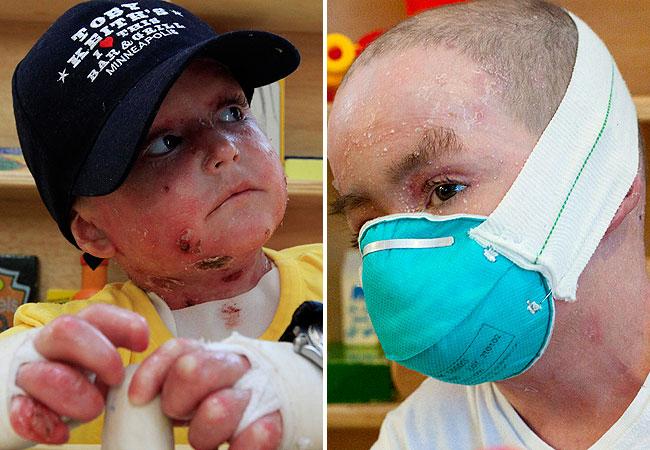In other words, while the U of M isn't currently working on so-called "therapeutic cloning" -- using the somatic cell nuclear transfer (cloning) process to create new organisms of the human species at the embryonic stage of development, in order to then kill them for research -- it may want to do so in the future. So the University is opposing the ban.
Cloning proponents say it could result in medical treatments for patients. Two points in response: First, therapeutic potential is beside the point if pro-life advocates are correct that embryo destruction is the unjust killing of a valuable human being. For one may not kill and harvest the parts of some innocent people for the possible benefit of others.
Second, what potential therapeutic benefits could be gained by cloning that could not be gained (easier and less expensively) using induced pluripotent stem cells (iPSCs)? Isn't this why the University is currently working with iPSCs, but not cloning, and why so many cloning advocates have switched to iPSCs and other alternatives? ("It turns out the technique [human therapeutic cloning] was of no practical relevance," explained MIT biologist Rudolf Jaenisch just recently.) Of course there are difficulties with iPSCs, but they are the same as those with embryonic stem cell research using cloned embryos. And neither option, nor embryonic stem cell research in general, has actually resulted (or may ever result) in treatments for patients -- unlike adult stem cell research, with which the U of M has had real success.
 |
| A patient treated at the University of Minnesota using uncontroversial adult stem cells, the only kind that has worked |
These researchers are claiming that the early human embryo is not yet biologically a human being -- a living organism of the species Homo sapiens. But obviously the embryo is living and human. So, I take it they are claiming that the embryo is not itself an individual organism, an integrated whole that develops itself to maturity.
But, first, this is not the scientific consensus, as a U.S. Senate subcommittee concluded: "Physicians, biologists, and other scientists agree that conception marks the beginning of the life of a human being -- a being that is alive and is a member of the human species. There is overwhelming agreement on this point in countless medical, biological, and scientific writings." Embryology textbooks are also clear. For example, Langman's Medical Embryology explains, "The development of a human being begins with fertilization, a process by which the spermatozoon from the male and the oocyte from the female unite to give rise to a new organism, the zygote."
Second, the evidence clearly shows that the embryo does function as an organism from the very beginning. For example, detailed analyses are offered in this White Paper by Dr. Maureen Condic, and in Embryo by Robert George and Christopher Tollefsen (Chapters 2, 6 and 7). As Condic notes, "From the moment of sperm-egg fusion, a human zygote acts as a complete whole, with all the parts of the zygote interacting in an orchestrated fashion to generate the structures and relationships required for the zygote to continue developing towards its mature state."
Here is just one specific consideration -- borrowed from Robert George -- that I would put to University of Minnesota researchers: If each of the early embryo's cells are independent (and not part of a coordinated whole), why don't such cells regularly develop on their own? They function together from the very beginning, showing that the embryo is a single, unitary organism, whether or not twinning later occurs. Indeed, this organismal behavior is how we can tell that an embryo is in fact an embryo, and not just some other growth of cells.
From the zygote stage forward, the unborn entity directs his or her (sex is genetically determined) own continuous development into an embryo, a fetus, a newborn baby, a toddler, a teenager, etc. Only living organisms can do that.